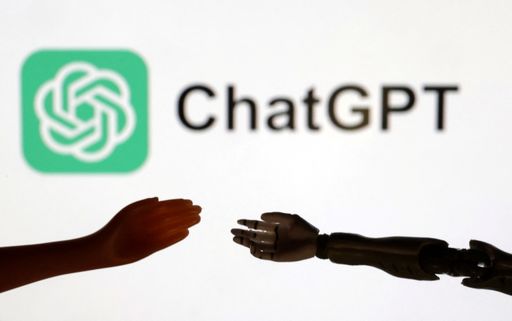The AI Job Shift: Adapting to the Future
With the rise of artificial intelligence (AI), the job landscape is undergoing a dramatic transformation. Across global markets, roles that once felt essential are becoming obsolete, while entirely new ones are emerging. In a recent blog post, OpenAI CEO Sam Altman declared, “We are past the event horizon; the take-off has started.” With this statement, Altman signalled that the age of intelligent machines is here, and with it, a sweeping redefinition of work.
 Someone with an entry-level or blue-collar job is at high risk of losing their job. (Image: FreePik)
Someone with an entry-level or blue-collar job is at high risk of losing their job. (Image: FreePik)
Emerging Roles in the AI Era
AI’s impact isn’t limited to a single industry. Its ability to manage large volumes of predictable tasks means that sectors across the board, from logistics to law, will be affected. History shows that new technologies tend to displace some jobs while creating others. AI is no exception.
Among the emerging roles are prompt engineers, who specialise in crafting effective inputs for AI systems, and data curation leads, who oversee the quality of training data. New job titles like model-bias auditors—professionals ensuring AI systems operate without harmful biases—and AI ops technicians, who maintain AI infrastructure, are quickly gaining relevance. Creative industries, too, are evolving, with synthetic media designers using AI to co-create content in formats never imagined before.
Jobs at Risk
On the other hand, entry-level roles and blue-collar workers are at risk of losing their jobs. This would include basic tasks such as Python debugging, junior paralegal research, entry-level marketing copy creation, customer-support macros, invoice reconciliation, and first-pass news summaries.
Companies with massive logistic demand are already using AI to direct pallet robots. Similarly, human translators are seeing their work being replaced by lightning-fast subtitling engines. And Anthropic co-founder Dario Amodei even estimates that half of today’s entry-level office posts could vanish within five years.
Productivity Gains and Economic Impact
Studies such as the MIT-Stanford field study involving GPT-powered assistants for customer-support agents have shown significant productivity gains – a 14 per cent overall jump in ticket resolution per hour and a remarkable 34 per cent increase for less experienced representatives. Goldman Sachs predicts a 7 per cent lift in global GDP by the decade’s end, fuelled by these productivity gains.
How to Brace for Impact
As AI is gradually taking over industries, experts are of the opinion that workers should also focus on upskilling and working towards getting better at what they do. Mastering AI tools can transform a likely threat into opportunity. Lastly, focusing on the interpersonal abilities, such as classroom teaching to sales reports, thus creating a barrier between algorithms, still finds it difficult to crack.
History indicates that society adjusts and finds new employment, even though the transition phase may be difficult. AI will change the nature of work, much like the printing press replaced scribes and steam looms affected weavers. Even if the AI revolution is happening more quickly and worldwide, the end result is always the same: people will always be better at things that robots can’t. People who accept AI and learn to collaborate with these potent algorithms will be well-positioned to prosper in this new era.





Comments
Join Our Community
Sign up to share your thoughts, engage with others, and become part of our growing community.
No comments yet
Be the first to share your thoughts and start the conversation!